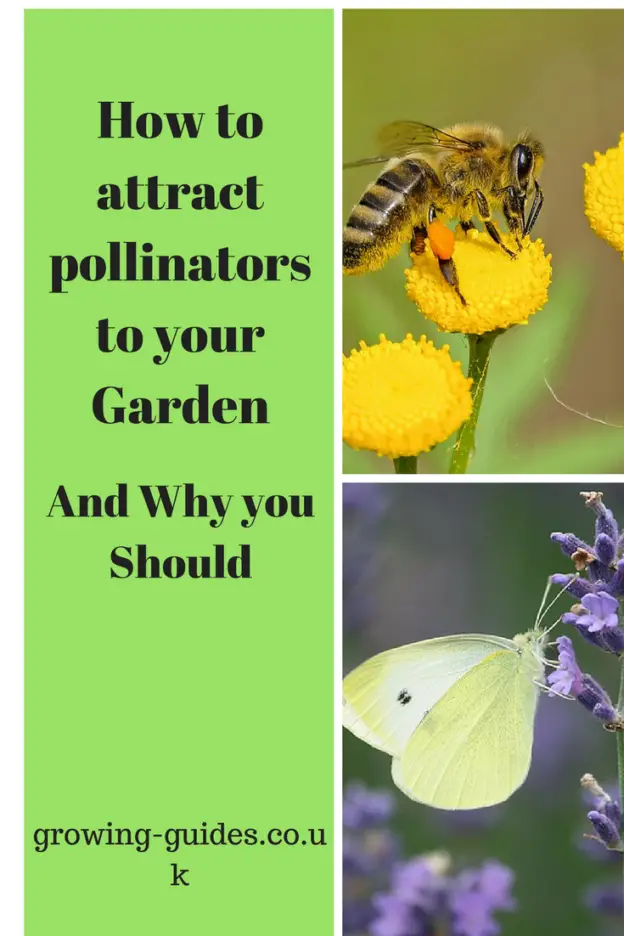Attract Pollinators to Your Garden

How to Attract Pollinators to Your Garden
Ever wondered how to make your garden a buzzing hub of life? Attracting pollinators is the key! Not only do these little critters help your plants thrive, but they also create a beautiful, dynamic ecosystem right in your backyard. Let's dive into the world of bees, butterflies, and beyond with these simple, effective strategies.
Why Pollinators Matter
Pollinators are the unsung heroes of the plant world. They facilitate reproduction in over 80% of flowering plants and help produce more than three-quarters of the world's flowering plants. Pretty impressive, right?
Creating a Pollinator Habitat
To attract pollinators, you need to create a habitat that caters to their needs. This means providing food, water, and shelter. Let's break it down.
Planting for Pollinators: The Basics
Choose Native Plants
Native plants have co-evolved with native pollinators, making them the perfect match. They're also well-adapted to your region's climate and soil conditions, making them easier to care for. It's a win-win!
Opt for Bee-Friendly Plants
Bees are some of the most important pollinators, so it's crucial to include plants that they love. Some bee-friendly favorites include lavender, sunflowers, and coneflowers. Remember, the more variety, the merrier!
Create a Butterfly Garden
Butterflies are another key pollinator. To attract them, include host plants for caterpillars and nectar plants for adult butterflies. Milkweed, for instance, is a host plant for monarch butterflies.
Don't Forget Wildflowers
Wildflowers are a fantastic addition to any pollinator garden. They're low-maintenance, beautiful, and provide a diverse buffet for pollinators. Imagine your garden as a bustling wildlife restaurant – the more dishes (plant varieties) you offer, the more customers (pollinators) you'll attract.
Designing Your Garden
Plan for Bloom Succession
Pollinators need food throughout their active season. Plant a variety of plants that bloom at different times to ensure there's always something on the menu.
Group Plants Together
Clusters of the same plant species make it easier for pollinators to spot and feed. Think of it like a shopping mall – stores (plants) of the same type are often grouped together to attract customers (pollinators).
Provide Water
All living things need water, and pollinators are no exception. A shallow birdbath or even a small dish of water can do the trick. Just make sure to change the water regularly to prevent mosquito breeding.
Offer Shelter
Pollinators need places to rest, nest, and overwinter. Leave some areas of your garden wild and undisturbed. You can also provide man-made structures, like bee hotels, to give them a helping hand.
Avoid Pesticides
Pesticides can be harmful, even deadly, to pollinators. Instead, opt for natural pest control methods. After all, you don't want to turn your wildlife restaurant into a wildlife danger zone.
Maintain Your Garden
Regular maintenance is essential to keep your pollinator habitat thriving. This includes weeding, pruning, and replanting as needed. But remember, a little wildness is a good thing!
Learn More About Pollinators
Want to become a pollinator pro? Check out the National Wildlife Federation's guide to attracting pollinators. The more you know, the better you can care for these vital creatures.
Conclusion
Attracting pollinators to your garden isn't just about creating a beautiful space – it's about supporting the ecosystem that supports us. By providing food, water, and shelter, you can turn your backyard into a thriving pollinator habitat. So, what are you waiting for? Get planting!
FAQs
1. What are the best plants for attracting bees?
Bees love plants like lavender, sunflowers, and coneflowers. Native plants are also a great choice, as they've co-evolved with native bees.
2. How can I attract butterflies to my garden?
To attract butterflies, include host plants for caterpillars and nectar plants for adult butterflies. Milkweed, for instance, is a host plant for monarch butterflies.
3. Why are pollinators important?
Pollinators facilitate reproduction in over 80% of flowering plants and help produce more than three-quarters of the world's flowering plants. They're crucial for both ecological and agricultural reasons.
4. Should I use pesticides in my pollinator garden?
No, pesticides can be harmful, even deadly, to pollinators. Instead, opt for natural pest control methods.
5. How can I provide water for pollinators?
A shallow birdbath or even a small dish of water can provide the water pollinators need. Just make sure to change the water regularly to prevent mosquito breeding.
0 Response to " Attract Pollinators to Your Garden"
Post a Comment